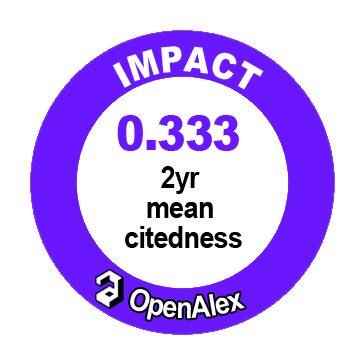Leveraging Machine Learning for Tax Fraud Detection and Risk Scoring in Corporate Filings
DOI:
https://doi.org/10.55220/2576-6759.637Keywords:
Corporate filings, Financial compliance, Machine learning, Risk scoring, Tax fraud detection.Abstract
Tax fraud has been a thorn on the flesh of governments and regulatory bodies across the globe, as it compromises the financial stability and confidence of the citizens. The conventional forms of detection, which are mainly rule based systems and hand audit, tend to be lagging behind the intricacy and bulk of the contemporary corporate filings. This paper will discuss the use of machine learning (ML) technologies in improving the process of detecting tax fraud and risk scoring through the use of advanced data analytics and predictive models. With the help of supervised, unsupervised and hybrid learning, ML models are able to discover the latent patterns and anomalies and come up with risk scores to determine the probability of fraud. The paper examines the current literature on the financial and tax fraud detection, with a specific focus on how these methods have been changing towards adaptive and more data-driven systems instead of being static and rule-based. It further suggests a structure of implementation which takes into consideration data preprocessing, feature engineering and model evaluation in one workflow that is fit to be used by tax authorities and auditing firms. The proposed system makes use of algorithms like Random Forests, XGBoost, and autoencoders to increase the accuracy of detection and minimize the occurrence of false positives. Moreover, the paper emphasizes how explainable AI (XAI) can be important in promoting transparency, interpretability, and adherence to ethical and legal guidelines. Finally, the study proves that the application of the ML-based fraud detection and risk scoring can become a substantial enhancement of the effectiveness, objectivity, and scalability of corporate tax audits. The next step in the work will be to incorporate deep learning, natural language processing, and federated systems to develop strong, privacy-aware frameworks that can be used to detect fraud in real-time in large-scale financial ecosystems.





